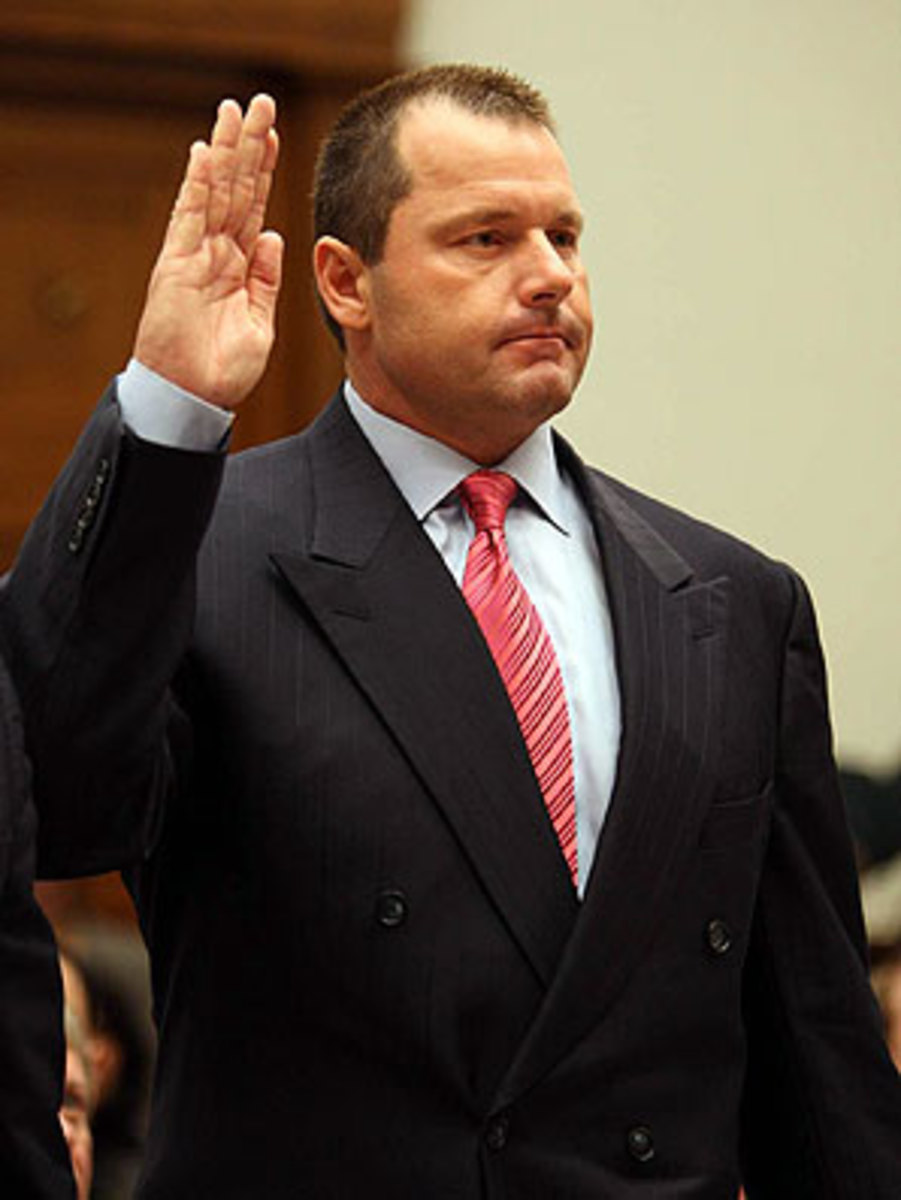How Clemens will defend himself against perjury charge
To give context to today's events, keep in mind that federal grand jury proceedings are "stacked" in favor of the government. Witnesses are chosen by the government and often only prosecutors question those witnesses. The government also normally determines which evidence is shown to the grand jury. Also, prosecutors only needed to convince the grand jury to find probable cause, or a reasonable belief, that Clemens committed perjury. In a criminal trial, prosecutors will need to prove "beyond a reasonable doubt" -- which is well above 90 percent certainty -- that Clemens committed a crime. In addition, many of the defense strategies that Clemens will now use to fend off a prosecution were not available while he was the target of a grand jury investigation. None of this is to say that Clemens did not commit perjury, but rather that a grand jury indictment of Clemens should not be viewed as criminal conviction.
A federal trial for Clemens will likely be scheduled for later this year or next year. If Clemens were an ordinary person, he would be worried about the success rate of federal prosecutors: they enjoy a conviction rate of approximately 90 percent.
Clemens, though, is not an ordinary person. For starters, he will be able to afford the kind of legal representation that few defendants could imagine. Being able to assemble a "legal team" is itself often a marker of wealth. Clemens will likely retain seasoned and prominent defense lawyers who have tried and won perjury cases and also those who will adroitly attack the DNA evidence offered by the government. Given that a conviction could carry a prison sentence, expect Clemens to spare no expense.
Clemens's fame might also help him before a jury in a way that ordinary defendants would not enjoy. While there is no empirical evidence proving that a defendant's fame helps him or her in a trial, some observers believe that jurors can become "star-struck" by recognizable defendants and less likely to send them to jail.
The success rate of prosecutors is also tempered in Clemens's case by the difficulty of proving perjury and the related charges of false statements and obstruction of Congress. Prosecutors could prove, beyond a reasonable doubt, that Clemens lied before Congress and yet still not obtain a conviction. Why? Because perjury is about knowingly lying. So if Clemens shows that he did not completely understand the questions asked of him by members of Congress or that he wasn't really sure of the contents of the injections by his former trainer, Brian McNamee, or that he wasn't completely serious when speaking with his former teammate, Andy Pettitte, about Human Growth Hormone, then he will probably not be convicted. His mental state while speaking, and his awareness of what he was saying, will be key points of contention in a trial.
Attorneys for Clemens will also attack the testimony and purported evidence of McNamee.
They will criticize his background, question his truthfulness, and through retained DNA experts, challenge the admissibility and reliability of the syringes and other paraphernalia purportedly containing Clemens's DNA. If there is even a shred of doubt as to how McNamee stored and handled the allegedly incriminating materials, DNA experts retained by Clemens will probably be able to paint a story that leaves the jury with serious doubt. Clemens' lawyers will also portray McNamee as throwing Clemens under the bus to avoid a government prosecution of his own.
The government's best evidence against Clemens may have nothing to do with DNA evidence. Instead, it may be the likely testimony of Pettitte, whom prosecutors will probably call as a witness. Pettitte told Congress in 2008 that Clemens admitted to him that he used Human Growth Hormone. Clemens' lawyers will have to show that Pettitte somehow misremembered the conversation he had with Clemens, or that Clemens may have made the comment in jest. Whether a jury will convict Clemens based alone on a disputed conversation with Pettitte or possibly conversations with other players -- but in the absence of credible physical evidence -- remains to be seen. Juries are not always predictable. And that itself may be Clemens' greatest worry.
Lastly, if Clemens is ultimately convicted, while he would face up to five years for each perjury charge, it is unlikely, as a first time offender, he would be sentenced to anywhere near the maximum amount. He would, however, probably face some time behind bars.





